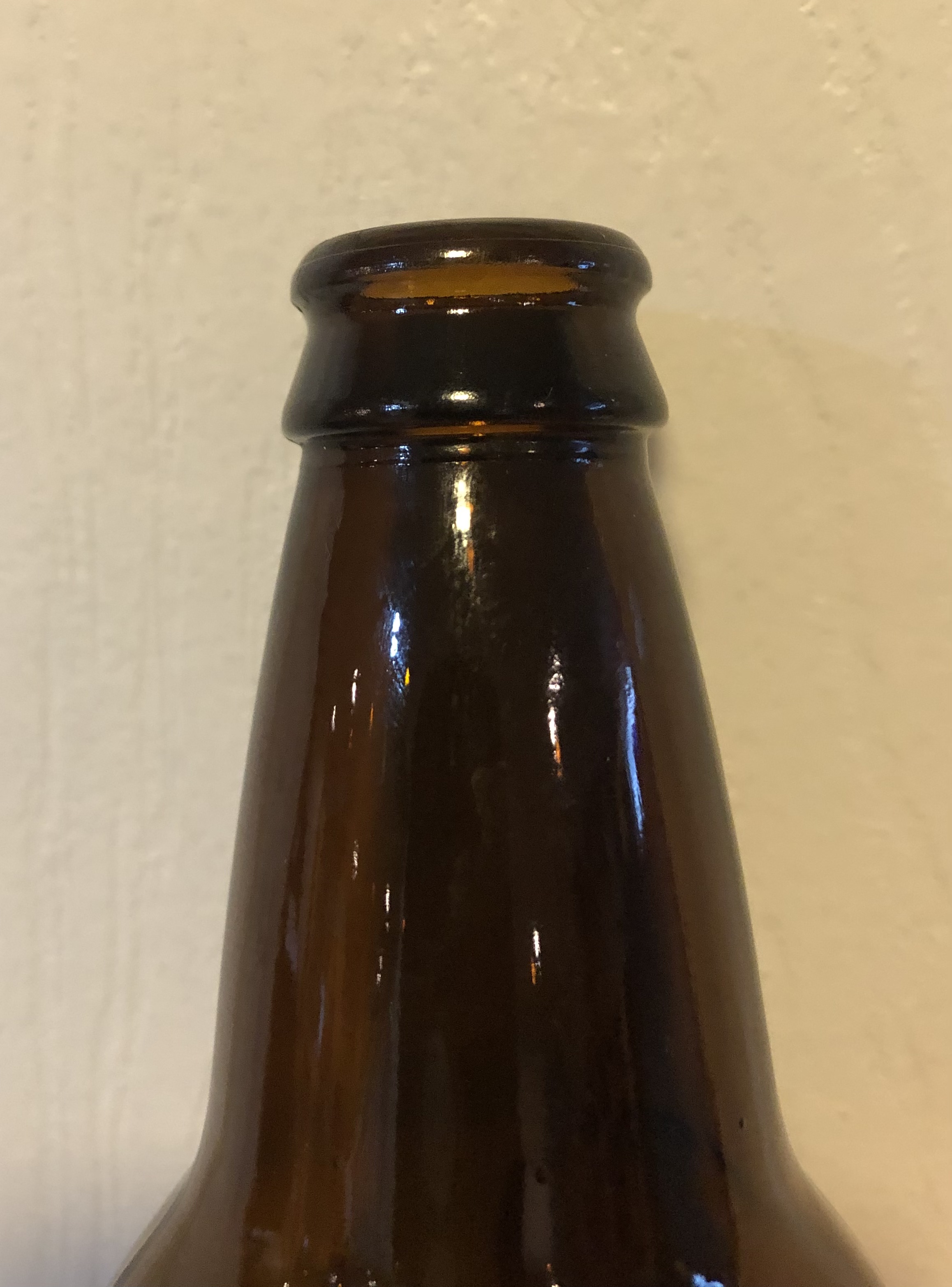I too only know bottling, and don't mind it at all. Actually look forward to it as it means the beer is close to being ready to drink, and I have an empty fermenter to fill back up! Sure it takes an hour or so longer than kegging, but who cares? If we love this hobby what's an hour.
I also really don't understand why people think there's oxidation issues with bottling, I actually think the opposite (even for IPAs). Any oxygen introduced is going to get scrubbed during the re-fermentation. My IPAs stay bright and hoppy for months, have two bottles left of one that turns 4 months old next week.
Back to the time issue, with bottling all your beer is in bottles right away. With kegging, you'd have to set up your beergun or whatever and sanitize everything to bottle some beer for competitions, friends/coworkers, to take to parties, etc. I think that would be quite annoying.
I hope new homebrewers don't think they need to progress to kegging to improve the quality of their beer. In the last full national competition season here in Canada (in 2019), I finished 5th with all bottle conditioned beers, and the top 3 have been the same for years and pretty much impossible to bypass.
Sure filling one vessel is quicker and easier than filling 30-40. But for that extra hour and to not deal with leaky/empty CO2 tanks, keg issues, stressing over oxygen while kegging, etc, I'll keep on bottling. I also brew a lot of mixed fermentation beer which I would always bottle anyway, so might as well just bottle everything

And I also enjoy washing dishes by hand.






















































![Craft A Brew - Safale S-04 Dry Yeast - Fermentis - English Ale Dry Yeast - For English and American Ales and Hard Apple Ciders - Ingredients for Home Brewing - Beer Making Supplies - [1 Pack]](https://m.media-amazon.com/images/I/41fVGNh6JfL._SL500_.jpg)











